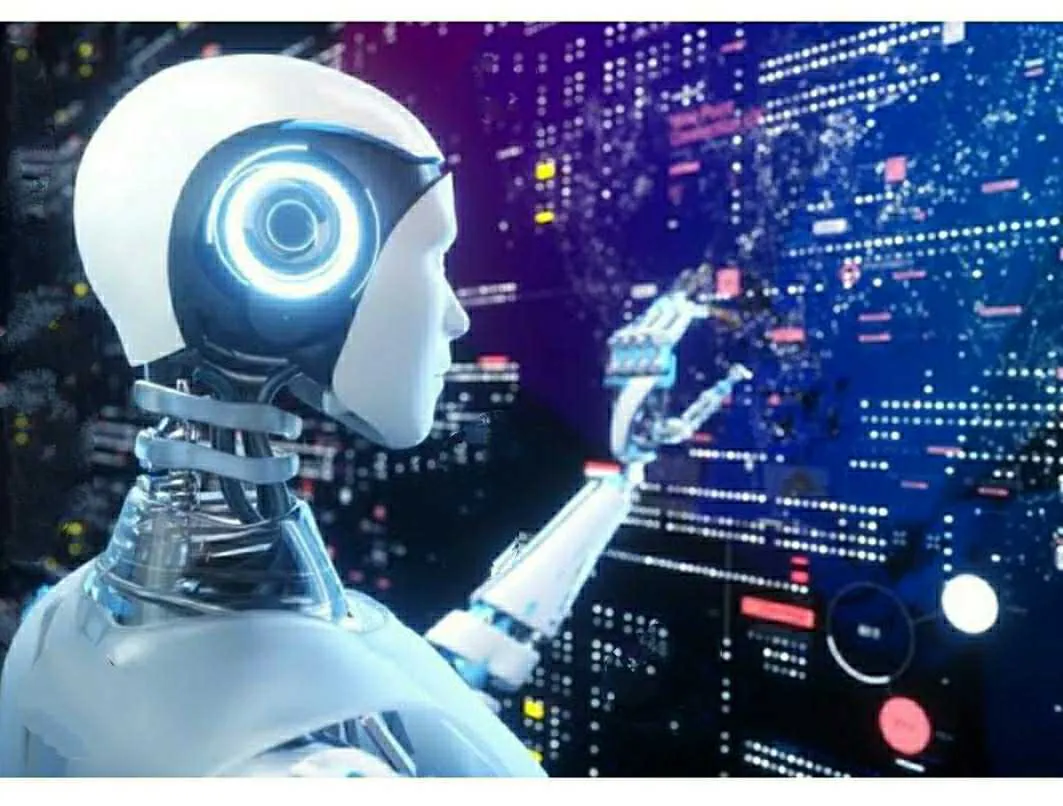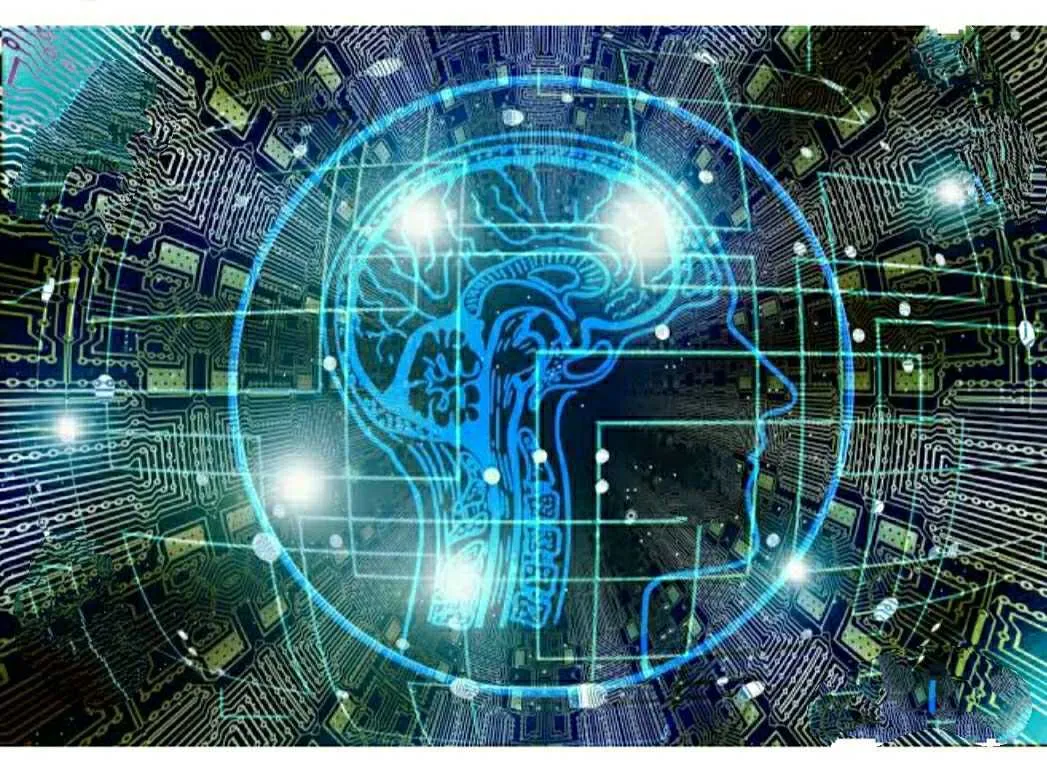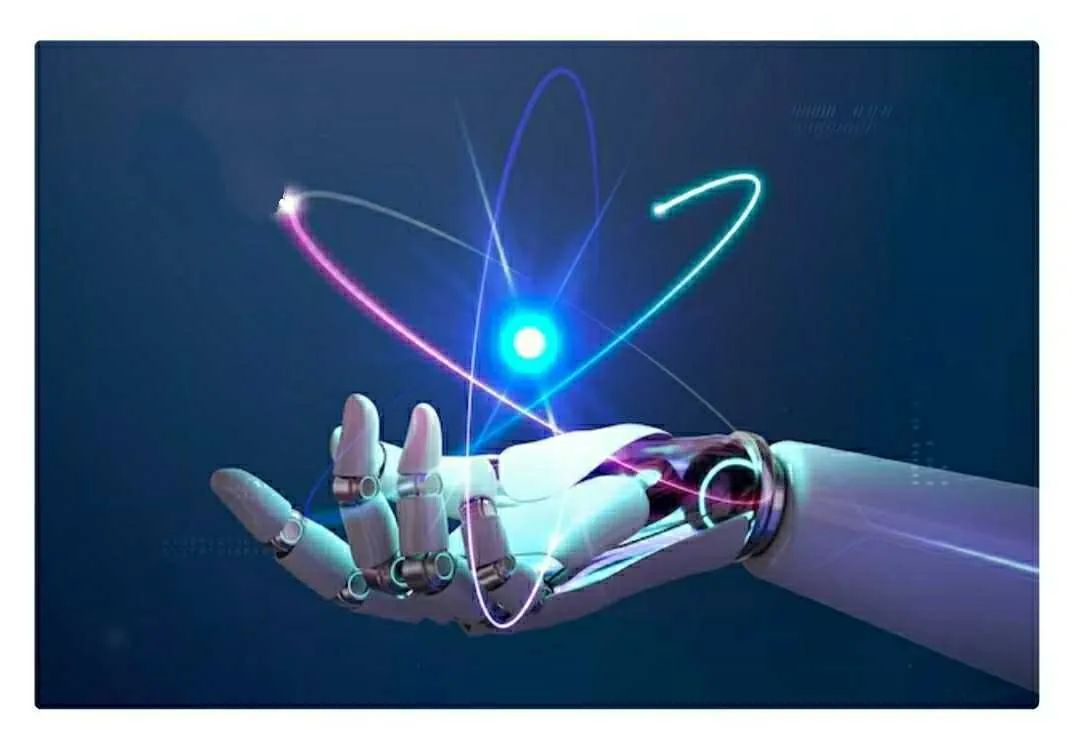Artificial Intelligence (AI) has emerged as one of the most transformative technologies of the 21st century, reshaping industries, revolutionizing daily life, and pushing the boundaries of what was once considered possible. From self-driving cars and personalized virtual to advanced medical diagnostics and recommendation systems, AI has become an integral part of modern society. In this blog, we will explore the remarkable journey of AI, its current applications, and its potential for the future.

The Evolution of AI:
The roots of AI can be traced back to the 1950s when researchers began exploring the idea of creating machines capable of simulating human intelligence. Over the decades, AI went through several waves of development and setbacks, often referred to as "AI winters." However, advancements in computational power, big data, and algorithmic breakthroughs have propelled AI into a new era of growth and progress.
AI in Daily Life:
 AI's impact on everyday life is undeniable. Virtual assistants like Siri and Alexa have become our reliable companions, helping with tasks ranging from setting reminders to answering complex questions. AI-powered recommendation systems have transformed the way we shop, consume entertainment, and discover new content. Moreover, AI's integration into healthcare has opened up new possibilities for early disease detection and personalized treatments, ultimately improving patient outcomes.
AI's impact on everyday life is undeniable. Virtual assistants like Siri and Alexa have become our reliable companions, helping with tasks ranging from setting reminders to answering complex questions. AI-powered recommendation systems have transformed the way we shop, consume entertainment, and discover new content. Moreover, AI's integration into healthcare has opened up new possibilities for early disease detection and personalized treatments, ultimately improving patient outcomes.

AI in Industries:
Various industries have embraced AI to enhance efficiency and productivity. In finance, AI algorithms analyze massive datasets to identify patterns and predict market trends, aiding in informed decision-making. Manufacturing industries employ AI-powered robots to optimize production processes, leading to reduced costs and higher quality products. Additionally, AI has found extensive use in transportation, energy, agriculture, and more, revolutionizing traditional practices and streamlining operations.
AI and Ethics:
As AI becomes increasingly influential, addressing ethical concerns is paramount. Issues like data privacy, algorithmic biases, and job displacement demand careful consideration. Striking a balance between innovation and safeguarding individual rights is crucial to ensure that AI benefits society as a whole and mitigates potential risks.
The Future of AI:
The potential of AI is boundless. In the coming years, AI is expected to reshape several key sectors. In healthcare, AI-driven drug discovery and precise medical interventions hold the promise of more effective treatments and cures. Smart cities with AI-driven infrastructure can improve urban planning, resource management, and sustainability. Additionally, AI's role in combating climate change by analyzing vast environmental datasets and proposing solutions is invaluable.
Challenges and Research:
Despite AI's rapid progress, challenges persist. Developing AI systems that are robust, explainable, and transparent remains a priority. Researchers are actively exploring ways to make AI more interpretable, enabling users to understand how decisions are reached. Furthermore, ensuring AI systems are secure from malicious attacks and preventing adversarial manipulation is an ongoing area of research.

Conclusion:
Artificial Intelligence has come a long way from its theoretical origins to become a driving force in modern technology. Its impact on society, industry, and everyday life is evident, with AI enriching our lives in countless ways. However, we must navigate its development responsibly, with an emphasis on ethical considerations and transparency. As we look to the future, the potential of AI to solve complex challenges and create a better world is exciting. Embracing AI as a transformative tool while addressing its challenges is key to unlocking its full potential for the benefit of humanity.
This report was published via Actifit app (Android | iOS). Check out the original version here on actifit.io






